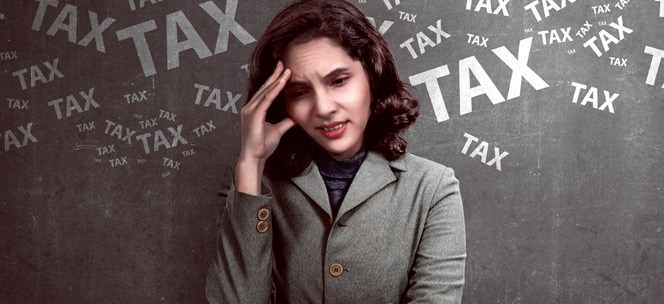From The Center Square
By
Parents should take precaution this holiday season when it comes to artificial intelligence toys after researchers for the new Trouble in Toyland report found safety concerns.
Illinois Public Interest Research Group Campaign Associate Ellen Hengesbach said some of the toys armed with AI raised red flags ranging from toys that talk in-depth about sexually explicit topics to acting dismayed when the child disengages.
“What they look like are basically stuffed animals or toy robots that have a chatbot like Chat GPT embedded in them and can have conversations with children,” Hengesbach told The Center Square.
The U.S. PIRG Education Fund report also points out that at least three toys have limited to no parental controls and have the capacity to record your child’s voice and collect other sensitive data via facial recognition.
“All three were willing to tell us where to find potentially dangerous objects in the house, such as plastic bags, matches, or knives,” she said. “It seems like dystopian science fiction decades ago is now reality.”
In the face of all the changing landscape and rising concerns, Hengesbach is calling for immediate action.
“The two main things that we’d like to see are more oversight in general and more research so we can see exactly how these toys interact with kids, really just identify what the harms might be and have a lot more transparency from companies around how are these toys designed,” she said. “What are they capable of and what the potential risks or harms might be. I just really want us to take this opportunity to really think through what we’re doing instead of rushing a toy to market.”
As for the here and now, Hengesbach stressed parents would be wise to be thoughtful about their purchases.
“We just have a big open question of what are the long-term impacts of these products on young kids, especially when it comes to their social development,” she said. “The fact is that we just really won’t know what the long-term impacts of AI friends and companion toys might be until the first generation playing with them grows up. For now, I think it’s just really important that parents understand that these AI toys are out there; they’re very new and they’re basically unregulated.”
Since the release of the report, Hengesbach said one AI toymaker temporarily suspended sales of all their products to conduct a safety audit.
This year’s 40th Trouble in Toyland report also focuses on toys that contain toxins, counterfeit toys that haven’t been tested for safety, recalled toys and toys that contain button cell batteries or high-powered magnets, both of which can be deadly if swallowed.














